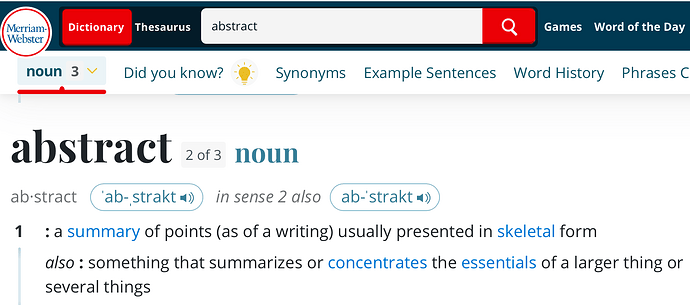A conversation with many commentors on this forum and elsewhere over time few made me realise that some Christians express bad attitudes towards critical science and historical reconstruction without realising that that is what they are doing. This being the case, I thought it might be worthwhile to make a note of some of the things that I hear from time to time in Christian circles that (possibly unintentionally) sound condescending, dishonest, suspicious, passive-aggressive, judgmental or hostile.
These are they.
The expression “secular history.” There is no such thing as “secular history” History has rules **[methodology]**and honesty has rules, and the rules are the same for Christians and secularists alike. To talk about “secular history” is like talking about “secular measurement” or “secular honesty” or “secular facts.” It’s basically a refusal to play by the rules.
Denouncing historical findings that you don’t like as “compromise.” Once more, this is a refusal to play by the rules. If someone is telling you to stick to the rules of historical investigation and your response is to accuse them of “compromise,” then you are effectively saying that the rules of historical investigation should be disregarded. That is antagonism towards history, period.
The only time when an accusation of “compromise” might be warranted is if you have evidence that the rules are demonstrably being broken and that there is a concerted effort to hush it up. Even then, you need to make sure that both you, and the person whom you are accusing of compromise, know what the rules of history actually are.
Denouncing historical judgments that you don’t like as “atheist.” Unless you can demonstrate that atheism really is the decisive factor behind a particular finding (and this is rarely if ever the case), then you’re simply not getting your facts straight.
Snide remarks about “putting your trust in history” or “having more faith in history than in God.”
Claims that “historians are always changing their minds.” Historians only change their minds in controlled and disciplined ways in response to new data or new techniques for analysing the data. To portray history as an arbitrary, make-it-up-as-you-go kind of affair when in actual fact it is rigorous and disciplined is a false accusation against hard working historians. As an example, this occurs when Christian dismiss findings of critical scholarship by pointing out that a school of “liberal” German scholars once dated GJohn late hundered of years ago. They even go on to uncritically cite the Rylands fragment with outdated information, not realizing that it may date as late as the early 200s.
Referring to historical theories as “athiestic” when they have nothing to do with atheism This is basically dividing historical reconstruction in two, using “history” to refer to the bits that you are prepared to accept and “atheism” to attack the bits that you aren’t. This is an intrinsically anti-historically attitude.
Talking about “assumptions” without stating clearly what the assumptions in question actually are. Assumptions are not a get-out-of-jail-free card; you have to justify your claim that they could have been violated in a way that remained consistent with whatever alternative hypothesis you are proposing.
Loaded questions. This was the main problem that I had with the “How to talk to scientists about Jesus” article—it comes across as trying to win an argument rather than trying to actually learn something. And often enough Christians come into the debate with all the right answers (meaning their interpretation of their sacred scripture) and are interested in just harmonizing everything with what they already believe.
Approaching historical reconstruction and critical scholarship that is done at university level and published in peer reviewed journals as an ammunition-gathering exercise for apologetic purposes. This is a recipe for completely misunderstanding the subject, getting things wrong, quote mining, and undermining your exam results 5.
Discouraging your young people from pursuing historically-based biblical careers (aside from textual criticism—the “safe” field). This does happen from time to time. Parents, pastors and youth leaders who try to divert historical and rational-minded young people away from fruitful careers in the historical science onto other tracks (including “biblical-based history”) are doing them a disservice and in some cases may be setting them up for failure and frustration.
These are just a few of the examples that I can think of off the top of my head. A couple of other takeaways.
- Remember that historical reconstruction has rules. It’s not so much a rejection of specific historical findings that makes people come across as antagonistic to science. Rather, it’s a refusal to play by the rules when doing so.
- Remember that history is a practical and probability based-judgment. Make sure that you fully understand how the mechanics of history work before attempting to tackle the philosophy of history.
- Remember that historical reconstruction is the basis for people’s jobs and careers. Teaching things about historical reconstruction and critical scholarship that are incorrect, misleading or confusing can undermine people’s ability to do their jobs properly. Especially if you are attaching a strong doctrinal importance to the incorrect, misleading or confusing claims in question.
